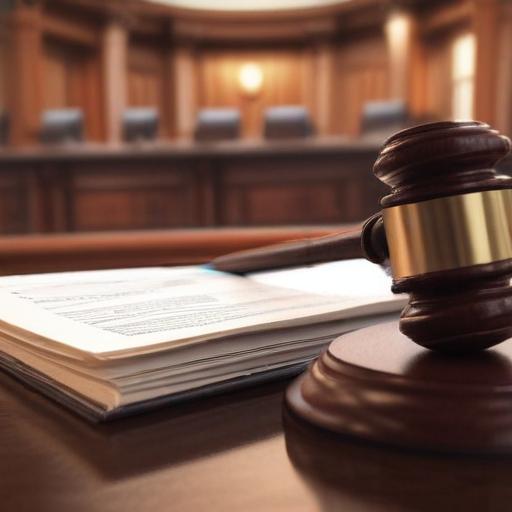The defense rested its case on Wednesday in the trial of 45-year-old Read, who is charged with second-degree murder, manslaughter, and leaving the scene after the death of her boyfriend, Boston police officer John O’Keefe. The prosecution claims that Read intentionally struck O’Keefe with her vehicle and left him to succumb to the elements in January 2022. However, Read’s legal team contends that she was framed, asserting that the case against her stems from a larger conspiracy involving police misconduct, including the alleged planting of evidence.
Following a mistrial in her first trial last year, Read’s current defense has been focused on countering the prosecution’s narrative. Read stated outside the courtroom, “After what happened in the first trial and what we heard from the jurors that came forward, we just need to have a keener eye on the verdict form and the jury instructions.”
The defense argues that O’Keefe sustained severe injuries due to being beaten and bitten by a dog before being left outside a Canton property, and they claim police orchestrated this situation to shift blame onto Read. During the defense presentation, Dr. Andrew Rentschler, an expert in crash reconstruction, testified that the injuries sustained by O’Keefe were not consistent with having been struck by Read’s vehicle.
The prosecution has maintained that their evidence firmly supports the claim that Read’s actions directly led to O’Keefe’s death. Tensions escalated in the courtroom as defense attorneys accused the prosecution of manipulating Read’s statements into false confessions.
Throughout the trial, the defense has highlighted potential biases in the investigation, particularly concerning lead investigator Michael Proctor, whose past comments and behavior have raised questions about the integrity of the police inquiry into the case. The defense argues that Proctor displayed prejudicial attitudes towards Read, potentially impacting the investigation’s outcome.
Closing arguments from both sides are anticipated on Friday, after which the jury will deliberate. The trial has drawn significant public interest, reflecting ongoing conversations about accountability within law enforcement and the integrity of legal processes.
This case encapsulates the complexities individuals face in the legal system, especially when alleging misconduct by authorities, and raises questions about the standards of evidence and fairness that should govern such serious accusations.
